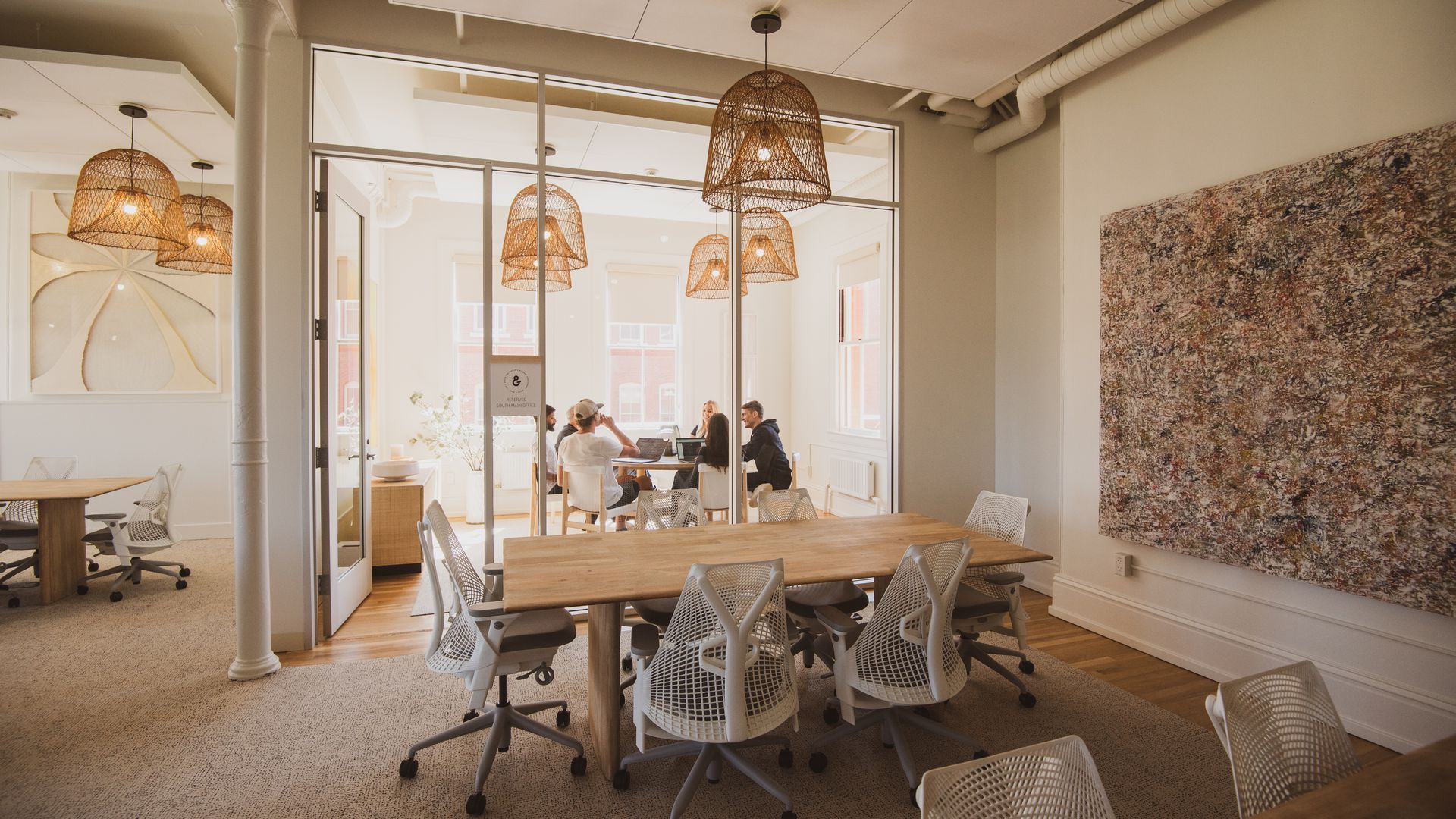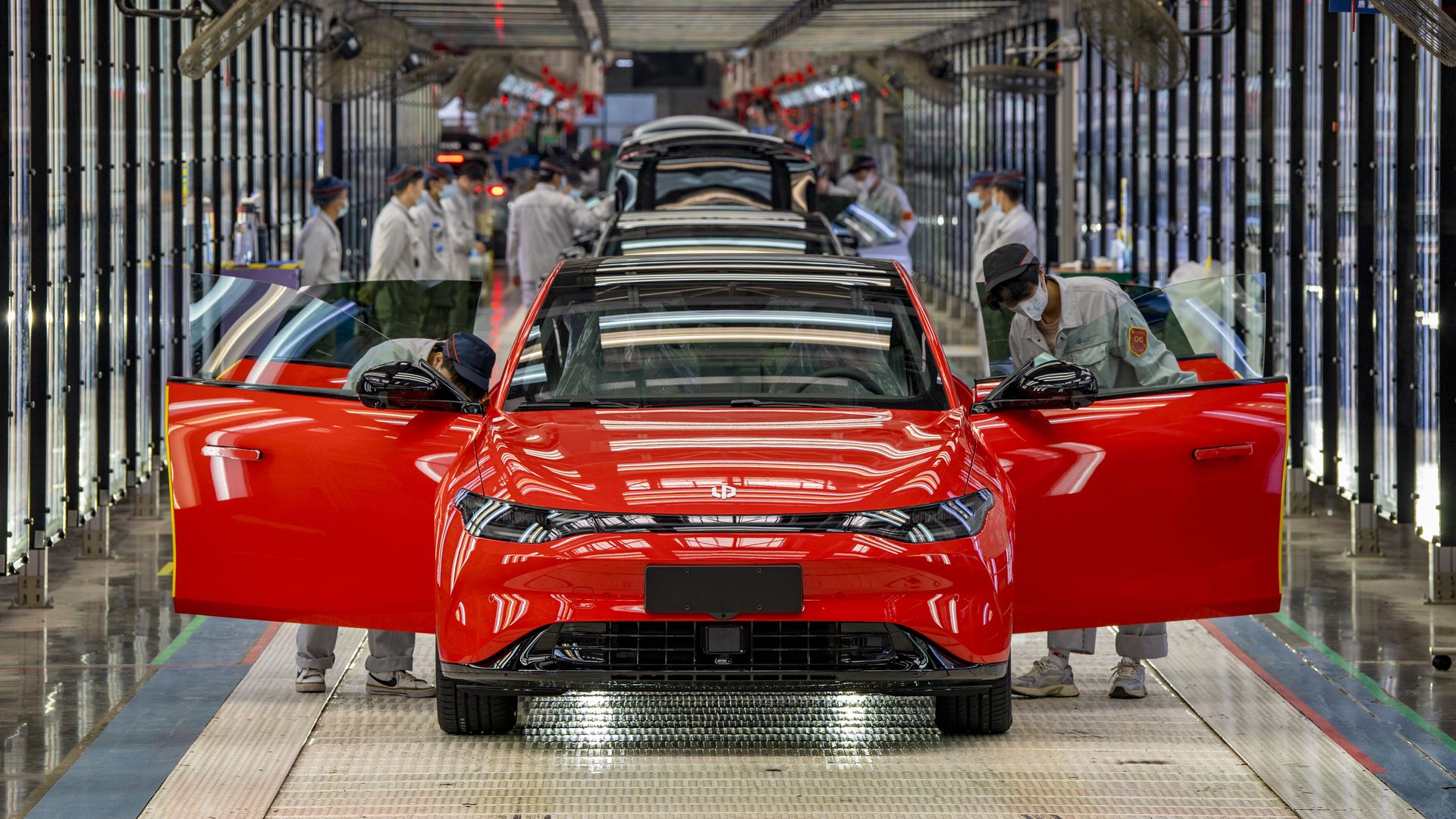| Researchers at Princeton University and the Anti-Defamation League (ADL) are building the first-ever national database that tracks incidents of threats and harassment against government officials, Jennifer A. Kingson reports. Why it matters: Last week's brutal attack on Paul Pelosi, husband of House Speaker Nancy Pelosi, was the most dramatic manifestation of the recent rise in threats targeting politicians, candidates and election workers. - The dangerous climate is dissuading people from running for public office — and prompting officials to step down.
Driving the news: The researchers involved have spent two years culling from public sources of information to build a central repository of threat reports — one they say will grow more robust, useful and predictive over time. - The baseline findings show women officials are targeted 3.4 times more often than men.
- Threats of death and gun violence are more than twice as common as any other form of threat, while intimidation is the top form of harassment.
- The states accounting for the highest share of incidents against poll workers and election officials: Pennsylvania (16%), Georgia (14%), Michigan (13%), Wisconsin (10%) and Arizona (6%) — all of which are likely 2024 battleground states.
The database is an ongoing collaboration between the ADL and Princeton's Bridging Divides Initiative, a nonpartisan research center that monitors U.S. political violence. - The plan is to first monitor threats to local officials, then start including those targeting state and federal officials.
What they're saying: "Nobody has systematically tracked threats against local officials on any national scale," Oren Segal, vice president of the ADL Center on Extremism, told Axios. - "The more data there is, the more — hopefully — we can get ahead of these various threats to democracy."
The goal is to maintain "a living data set" that's useful to researchers, policymakers and local communities, said Shannon Hiller, executive director of the Bridging Divides Initiative. - "A lot of what's reported to law enforcement isn't legally actionable, and that information doesn't get collected in a public way," Hiller tells Axios.
How it works: The research team is doing "a lot of grunt work," collecting incident reports from law enforcement, social media, news reports and partner organizations, Segal said. The big picture: Anger over COVID vaccines and masks, partisan politics, and school policies has ratcheted up the number of threats across the land — as has the run-up to next week's midterm elections. - Eighty-one percent of local public officials say they have experienced harassment, threats and violence, per a 2021 National League of Cities survey.
- "The biggest concern is the silencing effect that all this intimidation and harassment can have," Segal said.
"I think you're seeing a lot of people choosing not to serve in public office anymore," Keisha Lance Bottoms, former mayor of Atlanta, said in the National League of Cities report. - "People are choosing emotional and mental health and well-being over public service, and that is a dangerous point for us to be in as a country."
What's next: The Princeton-ADL group's initial report recommends boosting anti-doxing and privacy protections, plus improving coordination and information-sharing among stakeholders. - "Our goal is to help policymakers and communities use data to better understand these dangerous phenomena, hopefully to enact better policies," Segal said.
Share this story. | 









No comments:
Post a Comment